Optimal Timing for Foundation Repairs
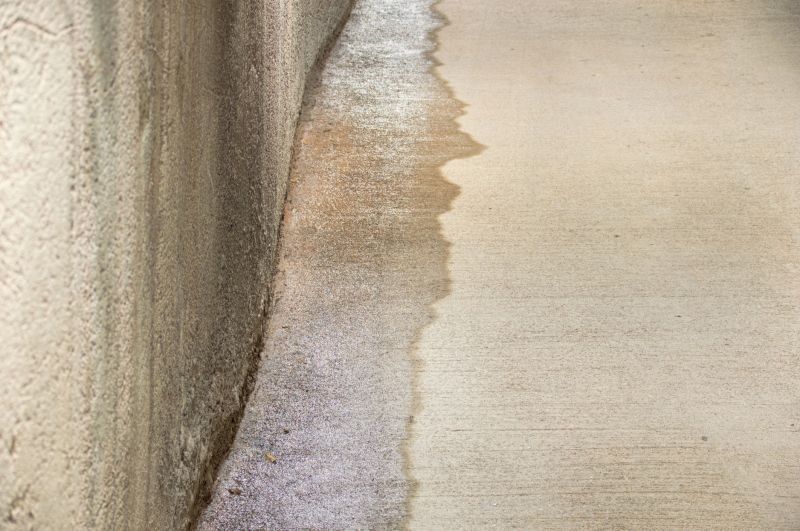
Dry periods typically provide optimal conditions for repairs due to stable soil moisture levels.
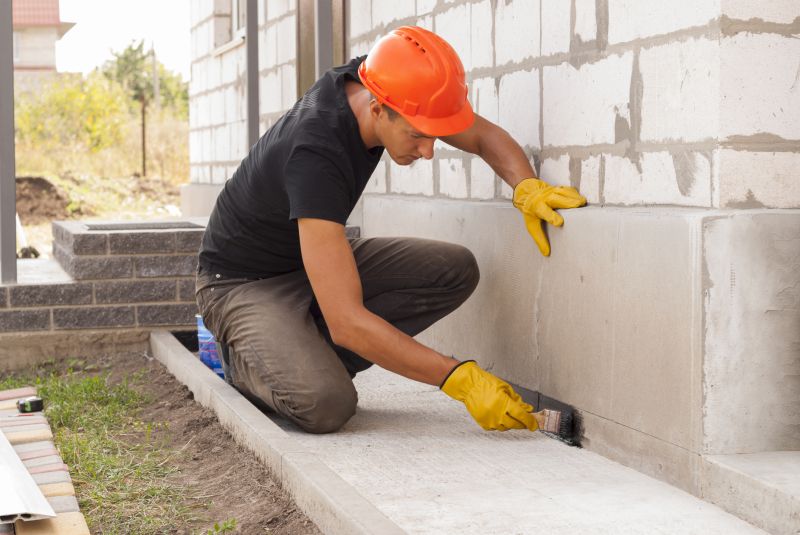
Mild temperatures help ensure that materials cure properly and reduce the risk of weather-related delays.
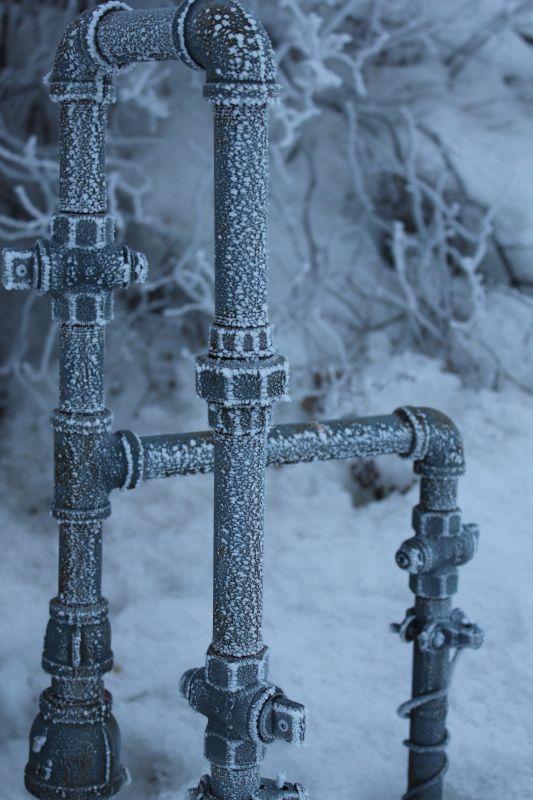
Cold weather can hinder curing processes and complicate repairs, making warmer months preferable.
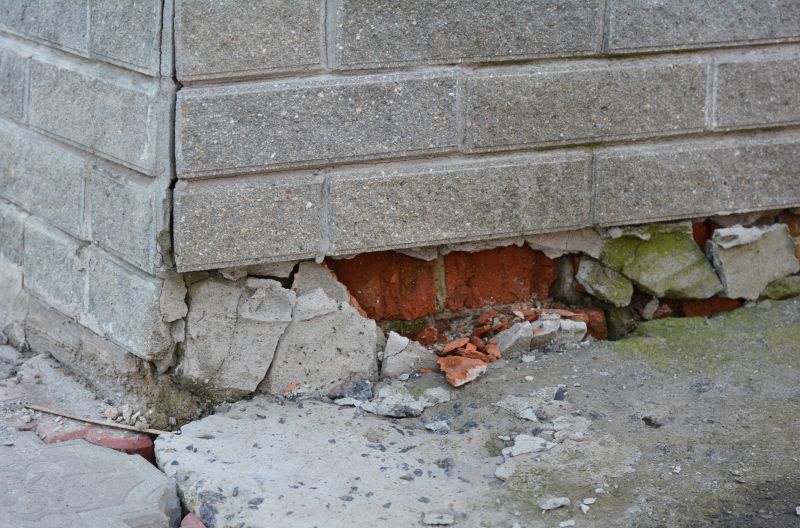
Spring and fall offer moderate weather, but excessive rain can delay repairs and affect soil conditions.
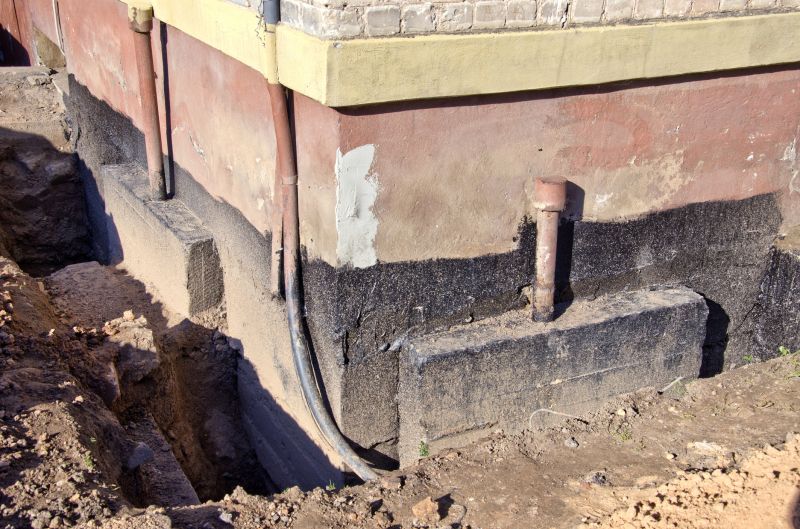
Repair timing should consider soil moisture, which influences soil expansion and contraction affecting foundations.
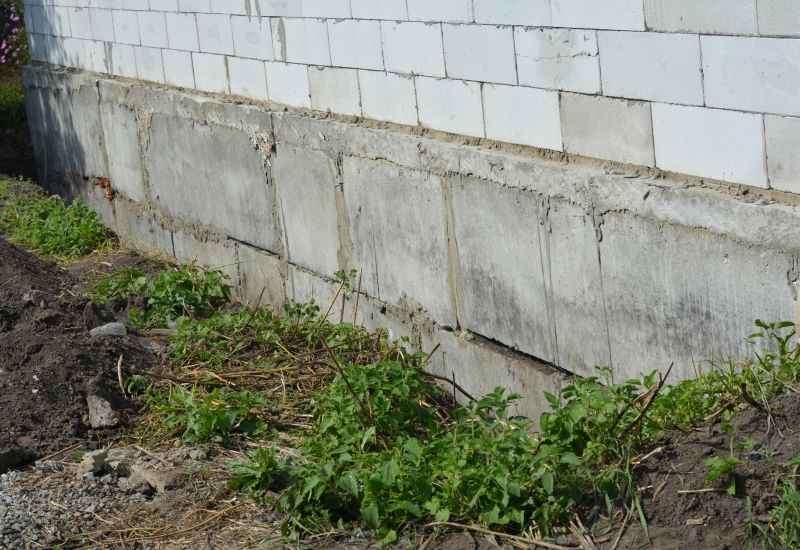
Understanding seasonal soil movement helps determine the most stable periods for foundation work.
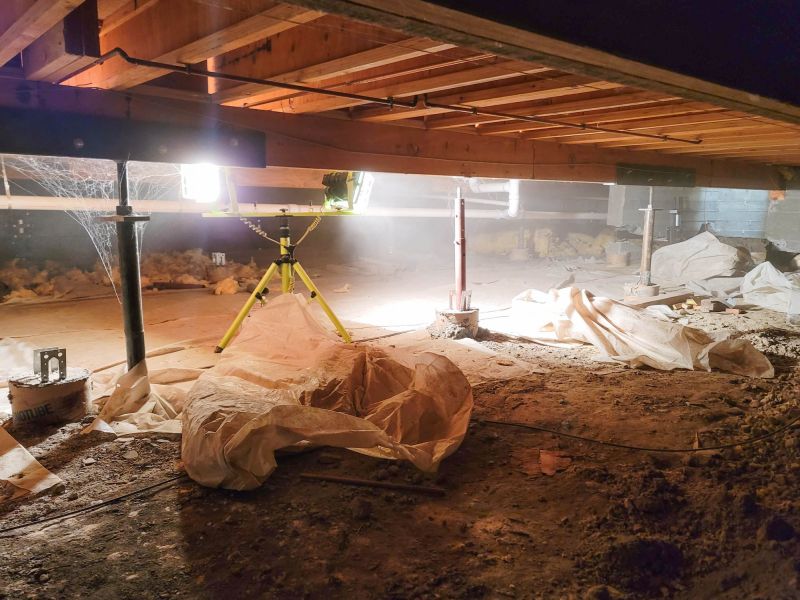
Ways to make Foundation Repairs work in tight or awkward layouts.
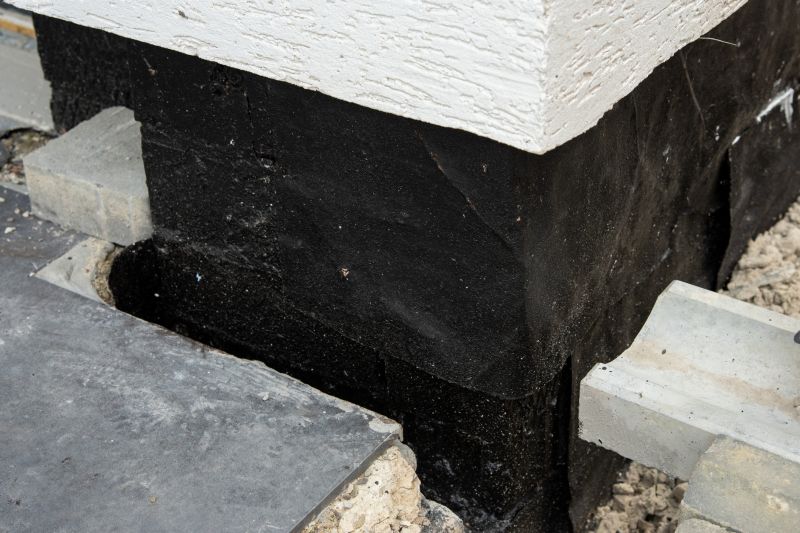
Popular materials for Foundation Repairs and why they hold up over time.

Simple add-ons that improve Foundation Repairs without blowing the budget.
Foundation repairs are critical for maintaining the structural integrity of a building. They address issues such as settling, cracking, and shifting that can compromise safety and property value. Timely repairs can prevent further damage and costly renovations. The best time to undertake foundation repairs often depends on weather conditions, soil moisture levels, and temperature. Scheduling repairs during periods of stable soil conditions minimizes risks and enhances the effectiveness of repair methods.
Statistics indicate that nearly 15% of homes in regions with expansive clay soils experience foundation issues requiring repairs. Proper timing, combined with quality workmanship, can significantly extend the lifespan of a foundation. Understanding seasonal patterns and soil behavior helps homeowners and contractors plan repairs more effectively, reducing downtime and ensuring long-term stability.
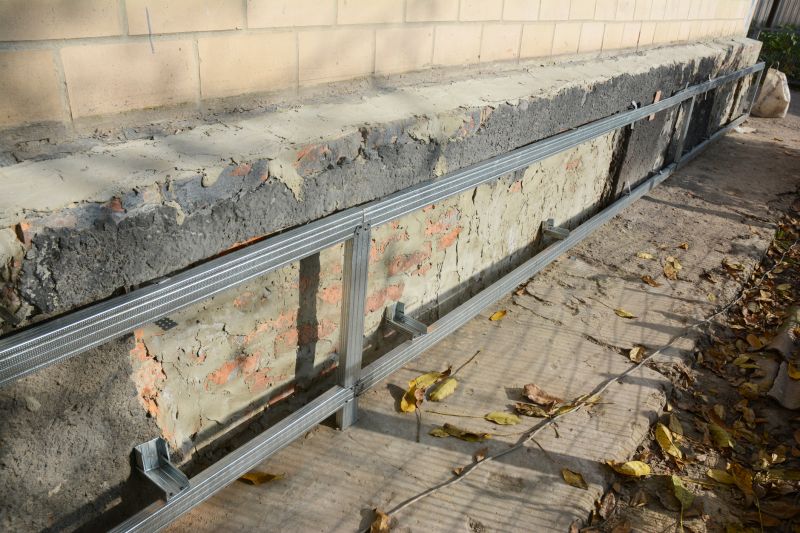
A comprehensive approach ensures proper stabilization and long-lasting results.
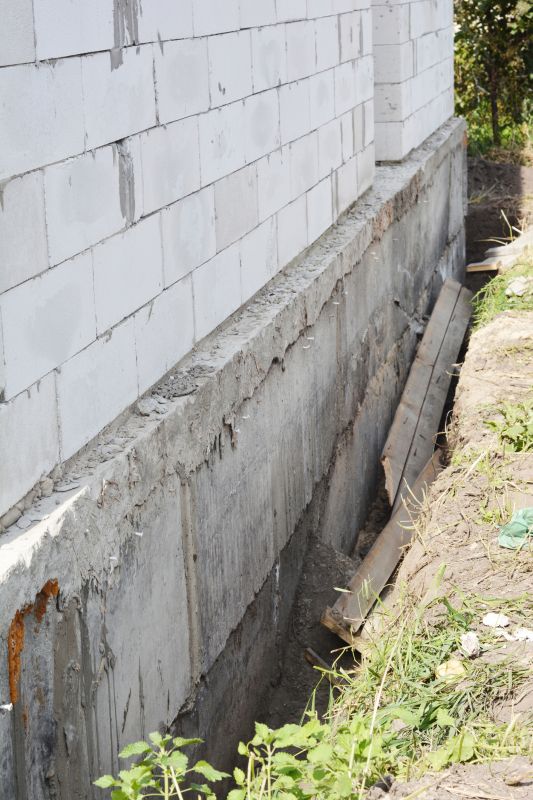
Methods such as soil injection and compaction help prevent future shifting.
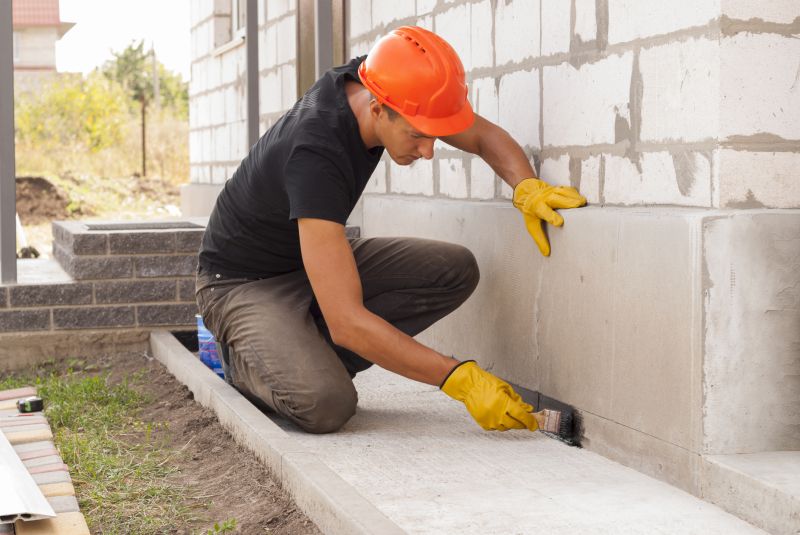
Sealing and reinforcement restore structural integrity and prevent water intrusion.

These techniques lift and stabilize sinking foundations effectively.
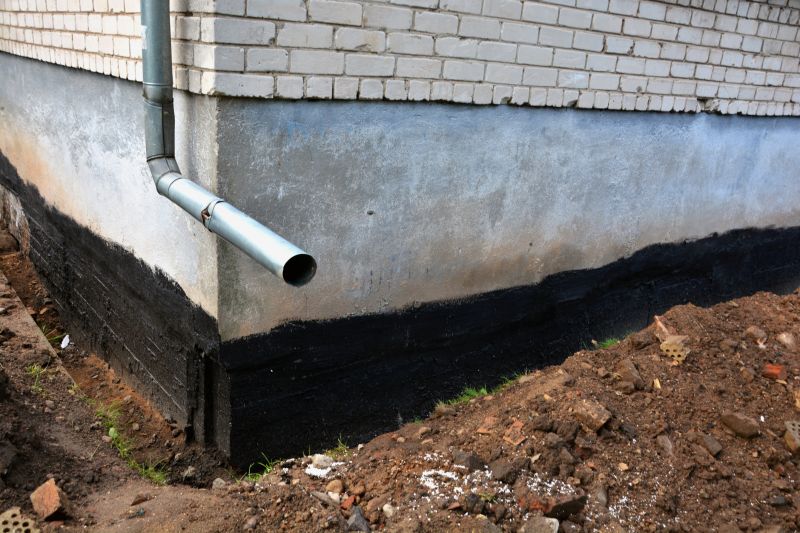
Proper drainage and moisture control are essential for foundation longevity.
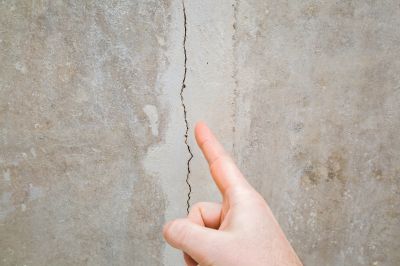
Regular assessments identify issues early, enabling timely repairs.
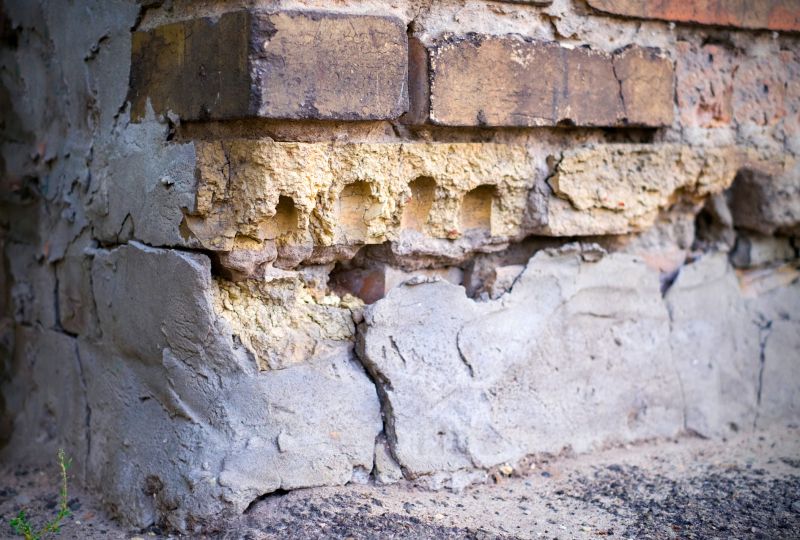
Choosing the right materials enhances durability and repair success.
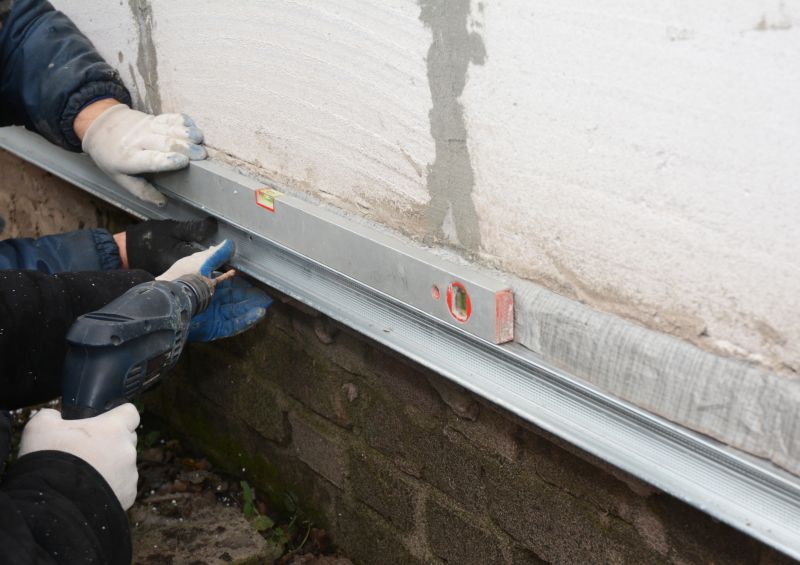
Continuous monitoring ensures the foundation remains stable over time.
| Season | Ideal Conditions |
|---|---|
| Spring | Moderate temperatures, soil moisture varies |
| Summer | Warm weather, dry conditions preferred |
| Fall | Moderate temperatures, soil moisture stable |
| Winter | Cold weather, not recommended |
High-end options that actually feel worth it for Foundation Repairs.
Finishes and colors that play nicely with Foundation Repairs.
Little measurements that prevent headaches on Foundation Repairs day.


